26th – 28th May 2025
The 4th iteration of the African School on Migration Statistics (AFMS) took place in Abidjan, Côte d’Ivoire, with a focus on forced displacement and statelessness statistics. More than 35 representatives from national statistical offices, regional economic communities, government institutions, international organisations, and multi-lateral development banks participated to discuss the adoption of IRRS, IRIS, and IROSS, the strengthening of statistical coordination, and the ongoing challenges and opportunities to improve statistical inclusion of refugees, IDPs and stateless populations in continent.
Hosted by Côte d’Ivoire’s Agence Nationale de la Statistique (Anstat), the School was organised by the African Union’s Institute for Statistics (STATAFRIC), Statistics Sweden (SCB), the International Organization for Migration (IOM), the UN Refugee Agency (UNHCR), Statistics Norway (SSB), and the Internal Displacement Monitoring Centre (IDMC) – all member of the Expert Group on Refugee, IDP, and Statelessness Statistics (EGRISS). Financial support for the in-person event came from the Swedish International Development Cooperation Agency (Sida), the Danish Ministry of Foreign Affairs (UM-ENEN), the European Union (EU), and the German Federal Foreign Office (AA).
Representatives from Cameroon, Côte d’Ivoire, Djibouti, Ethiopia, Morocco, Nigeria, and South Sudan delivered presentations on implementation efforts in their countries. This documented progress reflects regional momentum, with 28 pledges from African States to pursue statistical inclusion submitted during the 2023 Global Refugee Forum and findings from the 2024 Global Annual Inclusion (GAIN) Survey indicating that 19 countries in the region have integrated the International Recommendations into their national data collection exercises.
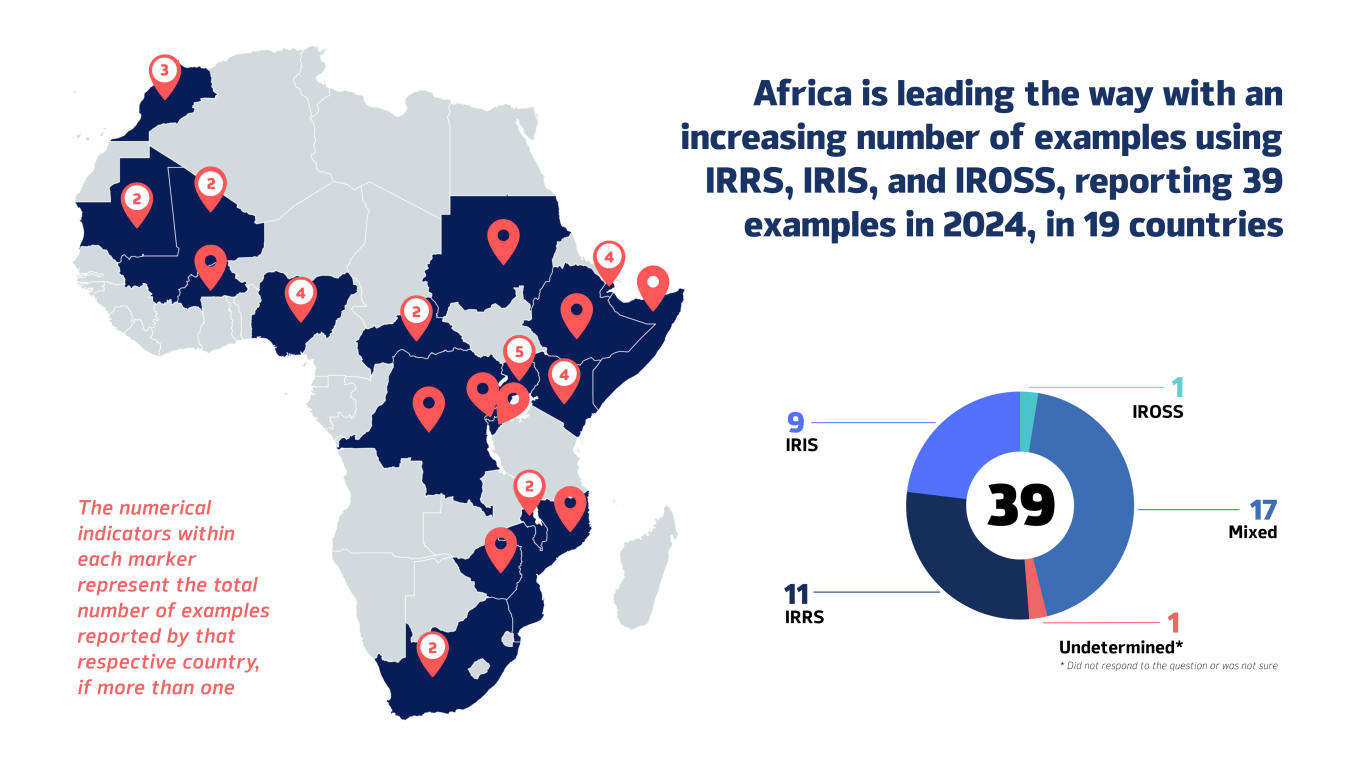
The in-person format proved instrumental in fostering substantive peer-to-peer knowledge exchange and collaborative learning outcomes. Participants acknowledged that lack of nationally owned and better harmonised data continues to hinder evidence-based policymaking and program delivery across Africa, which hosts nearly 42 million forcibly displaced and stateless people. Direct engagement between statistical practitioners enabled nuanced discussions of methodological challenges and facilitated the sharing of contextual insights.
A report, with recommendations, is forthcoming.
Photo gallery:
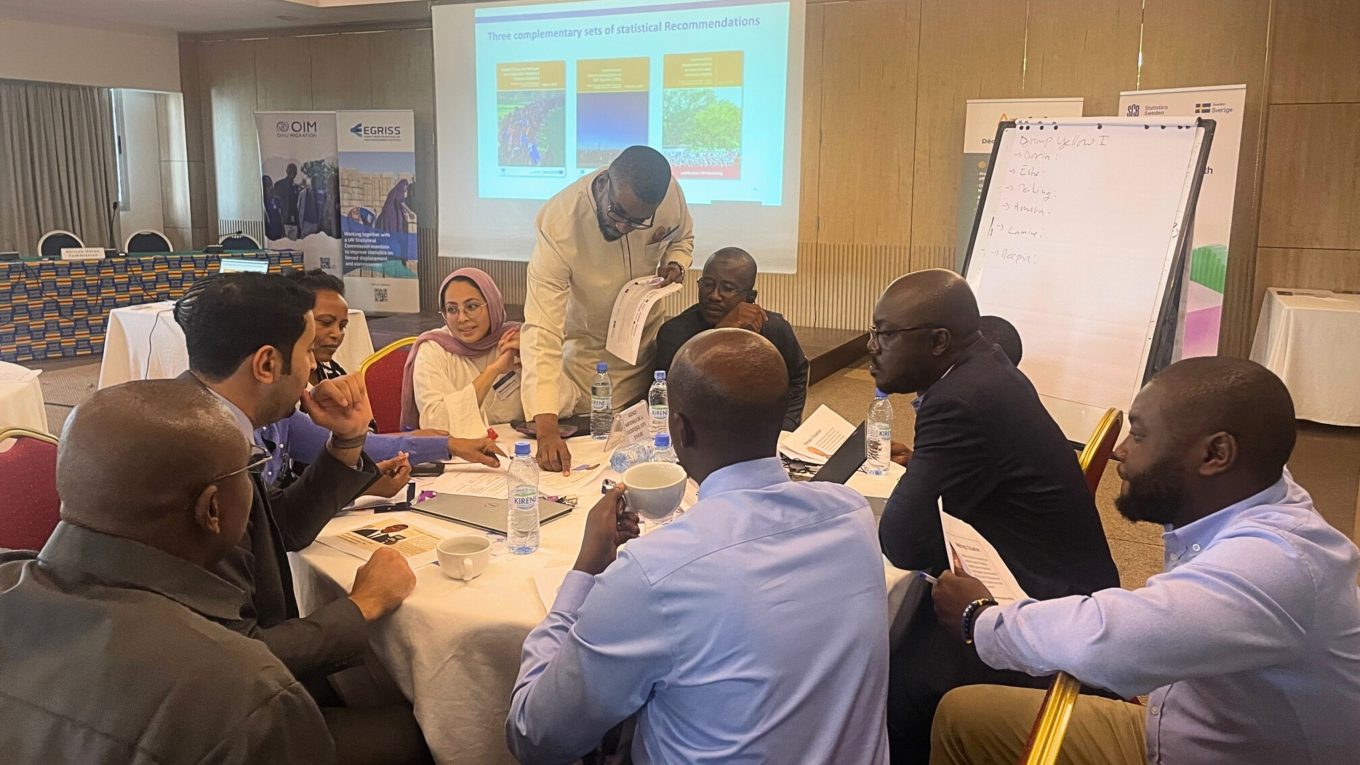
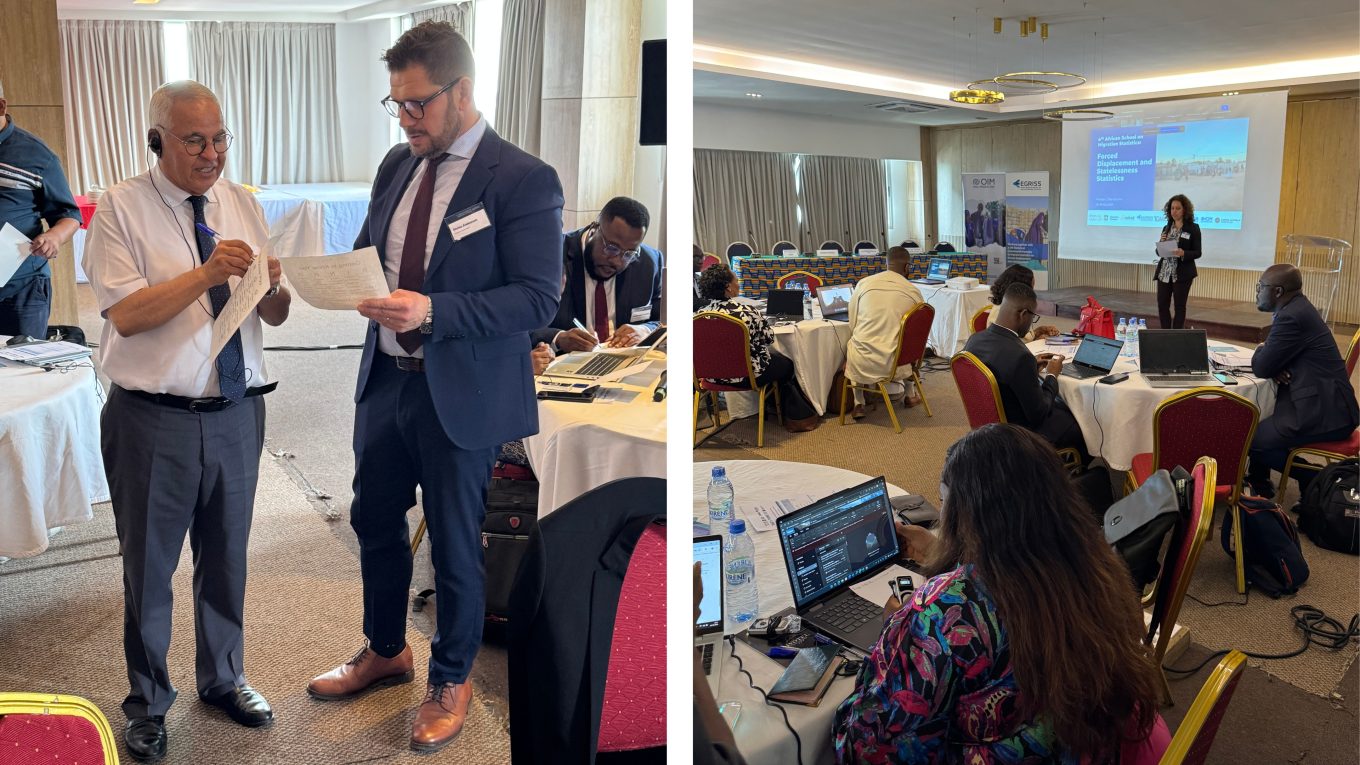
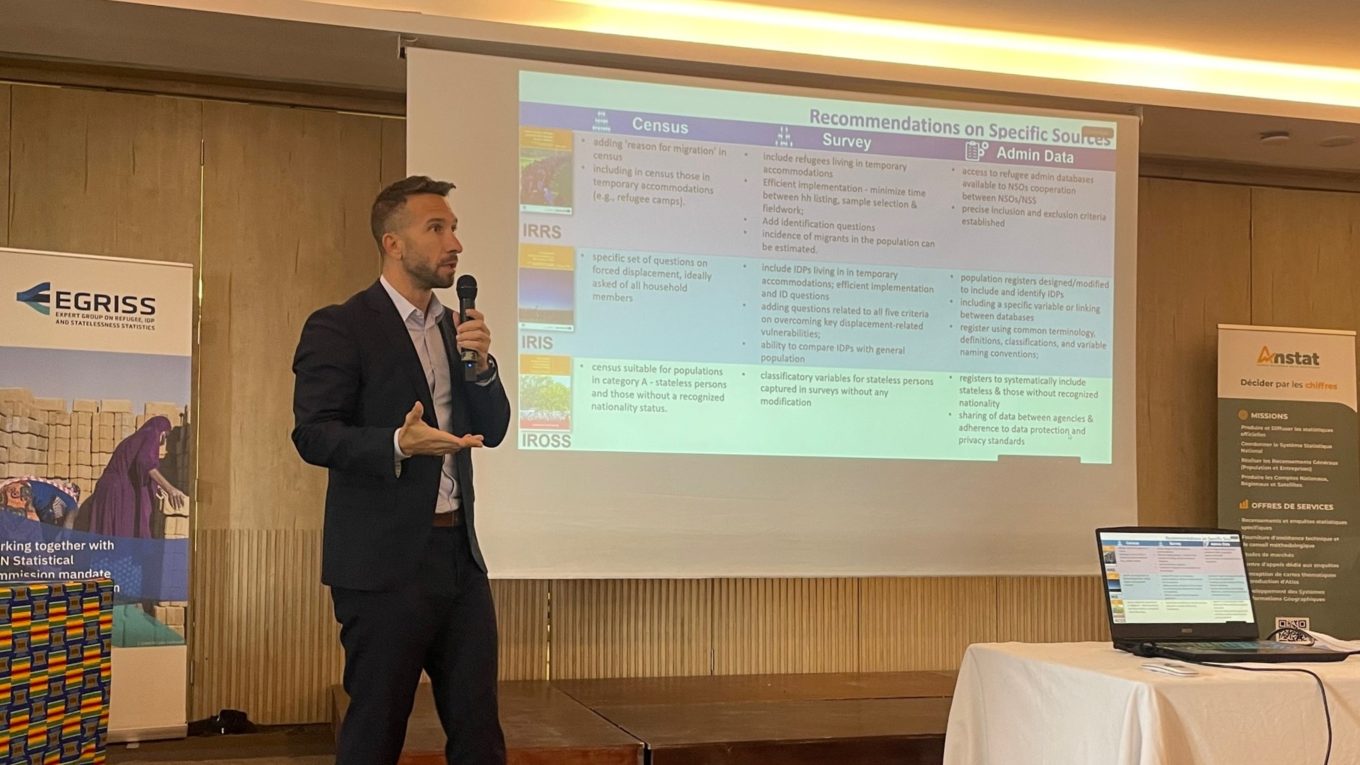
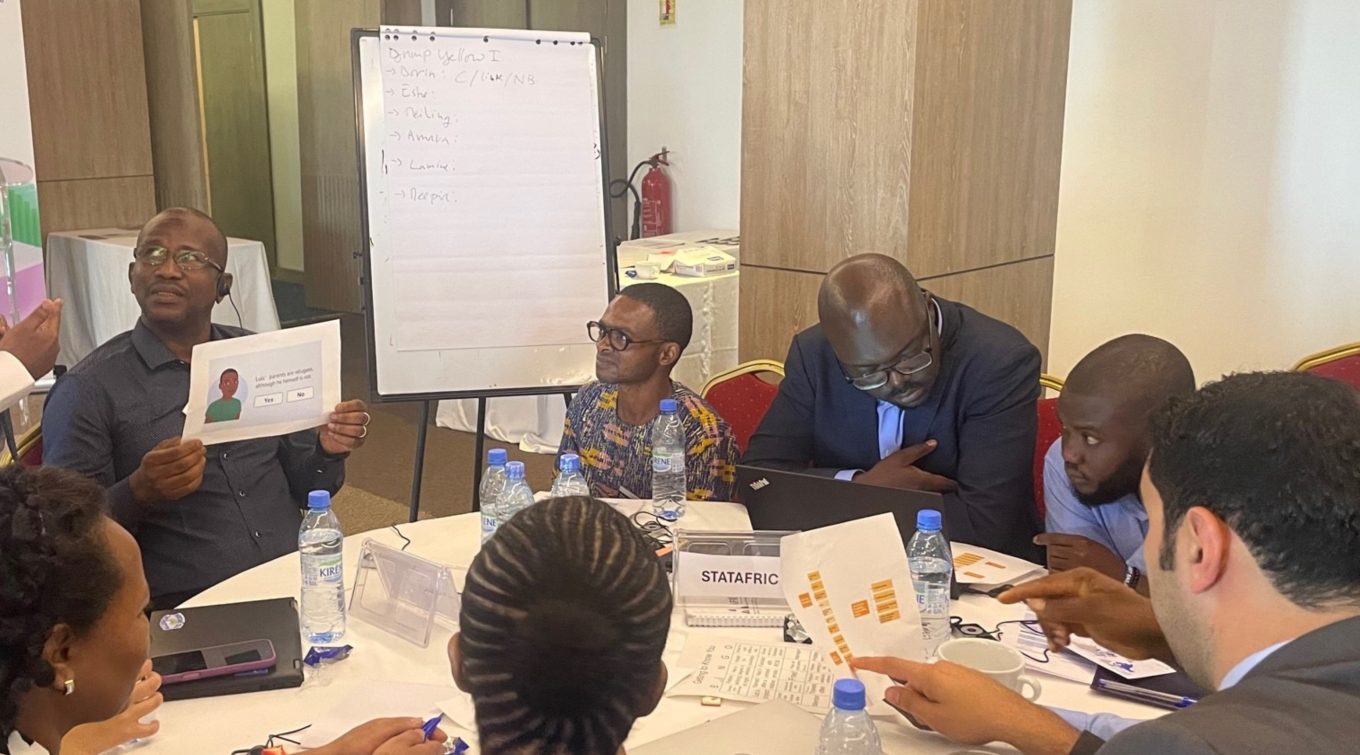
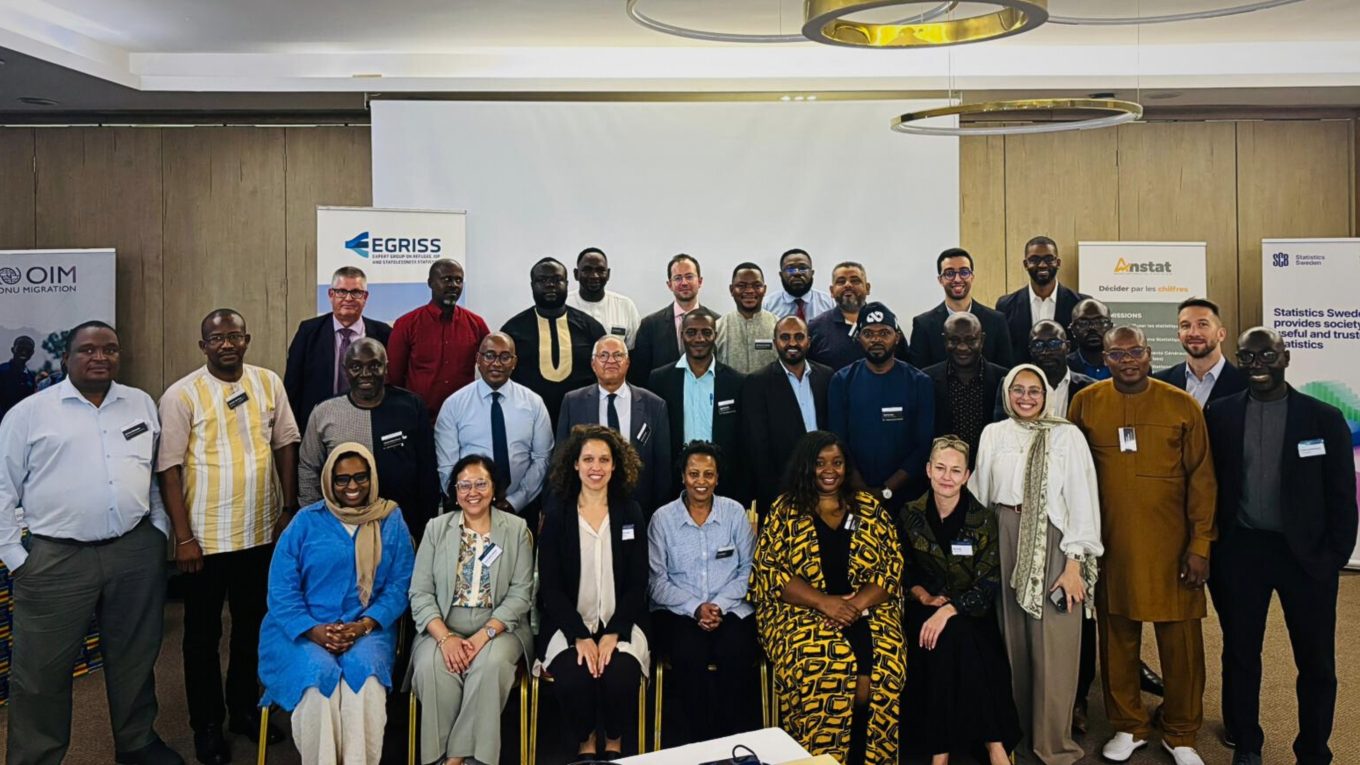
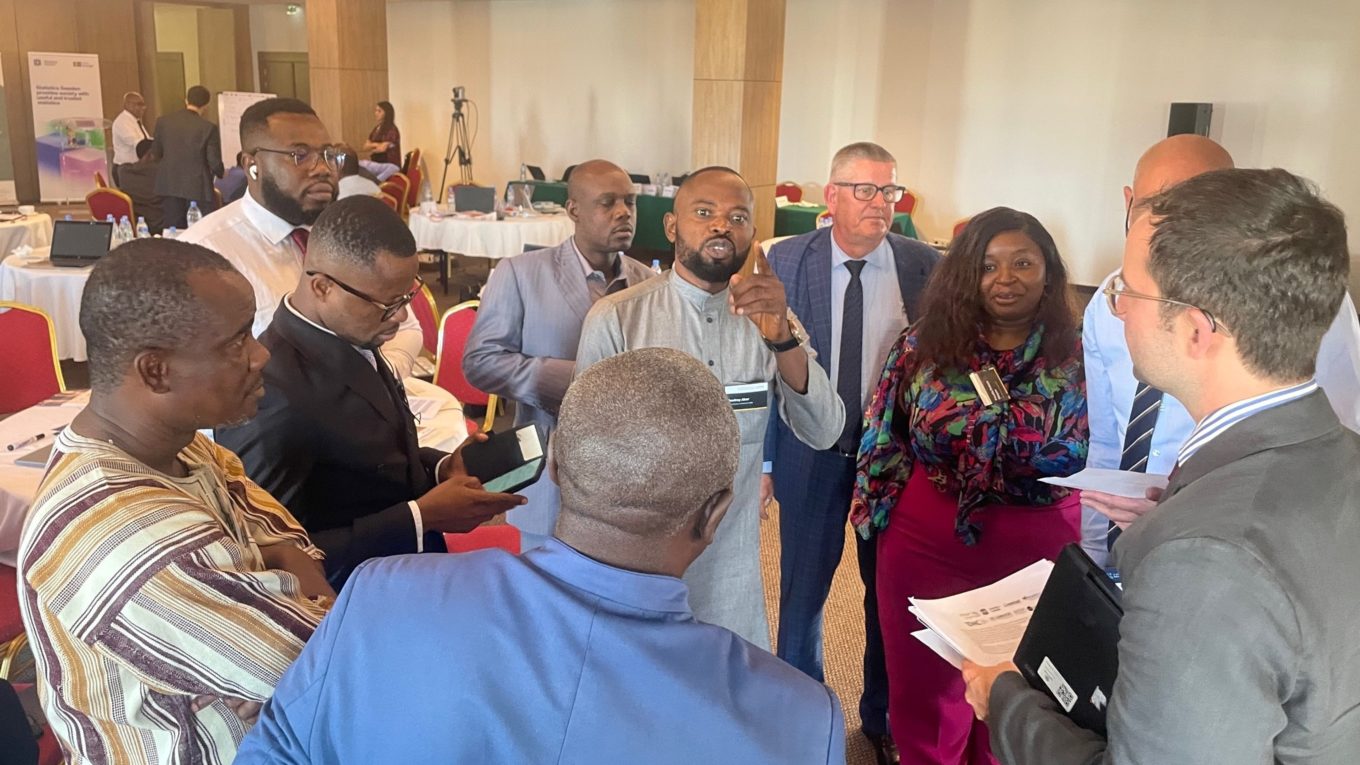
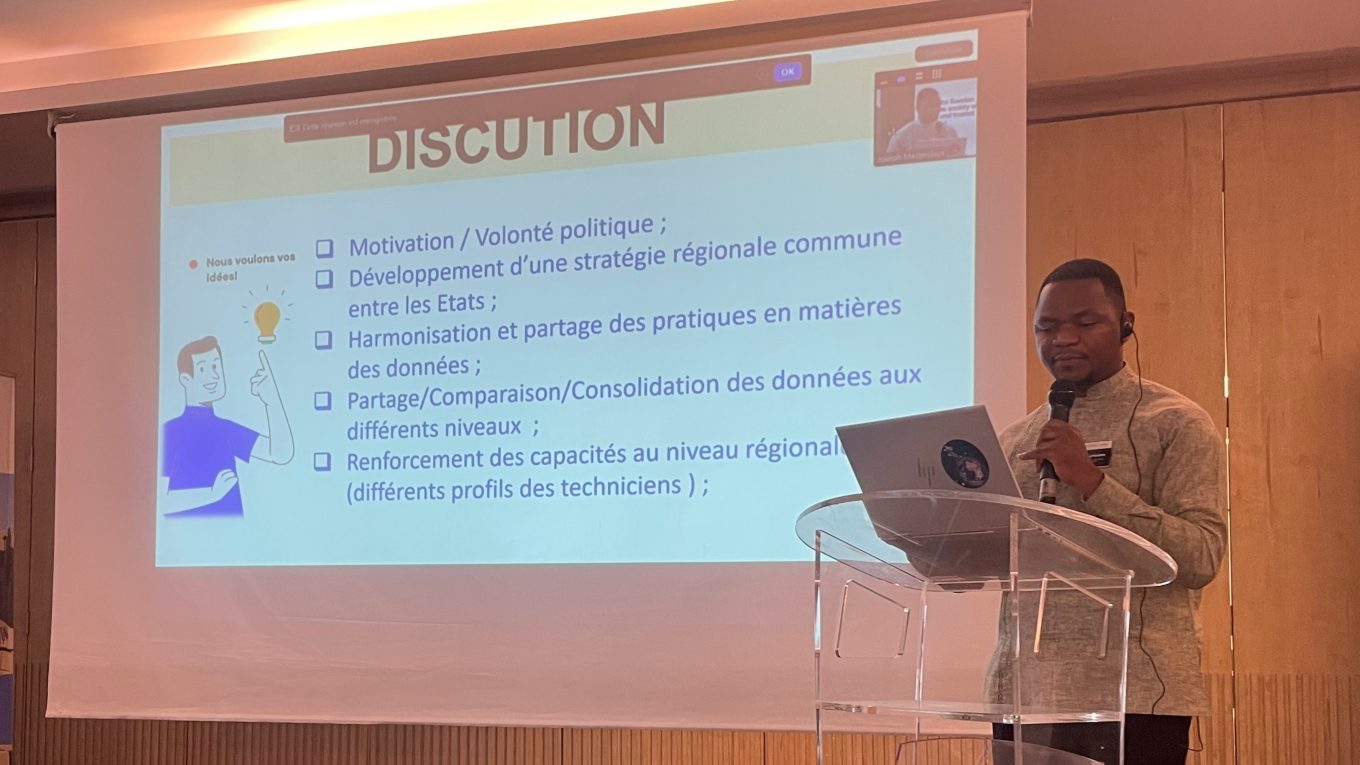
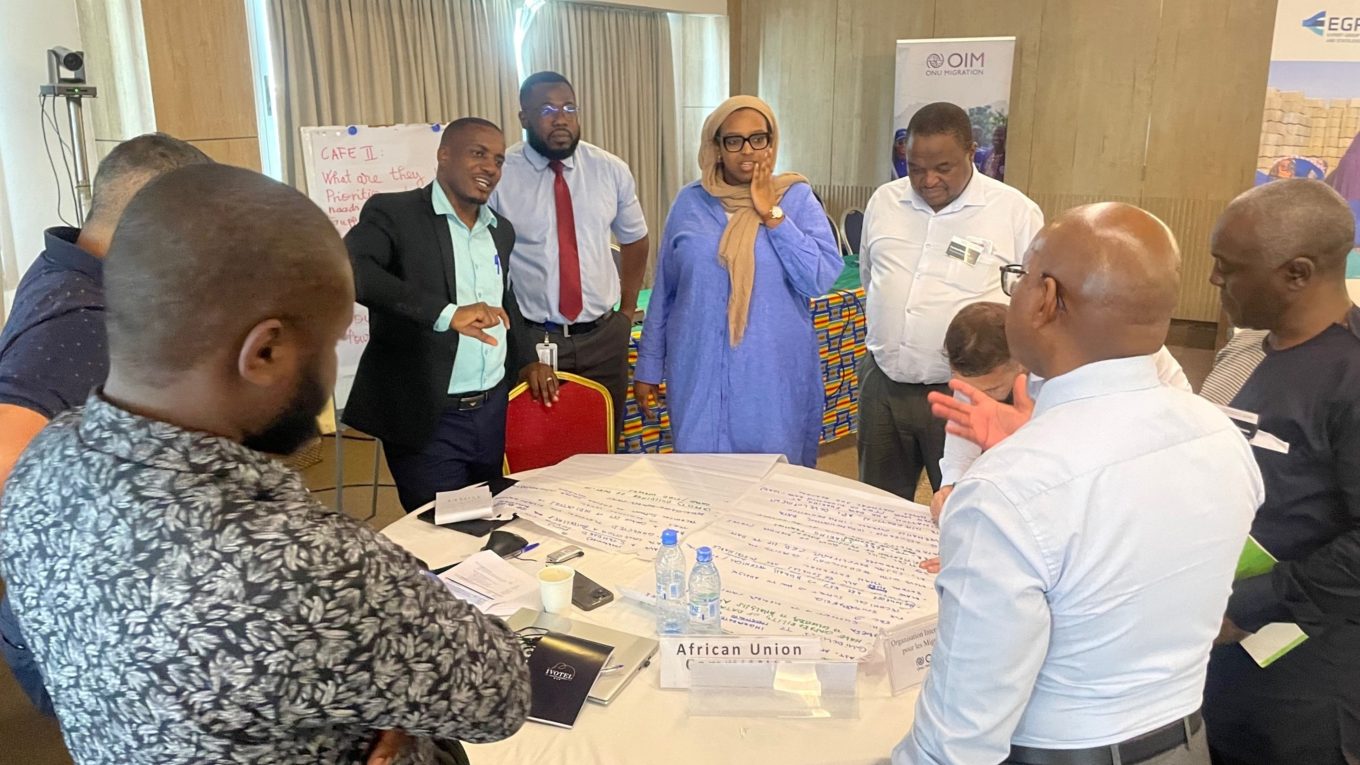
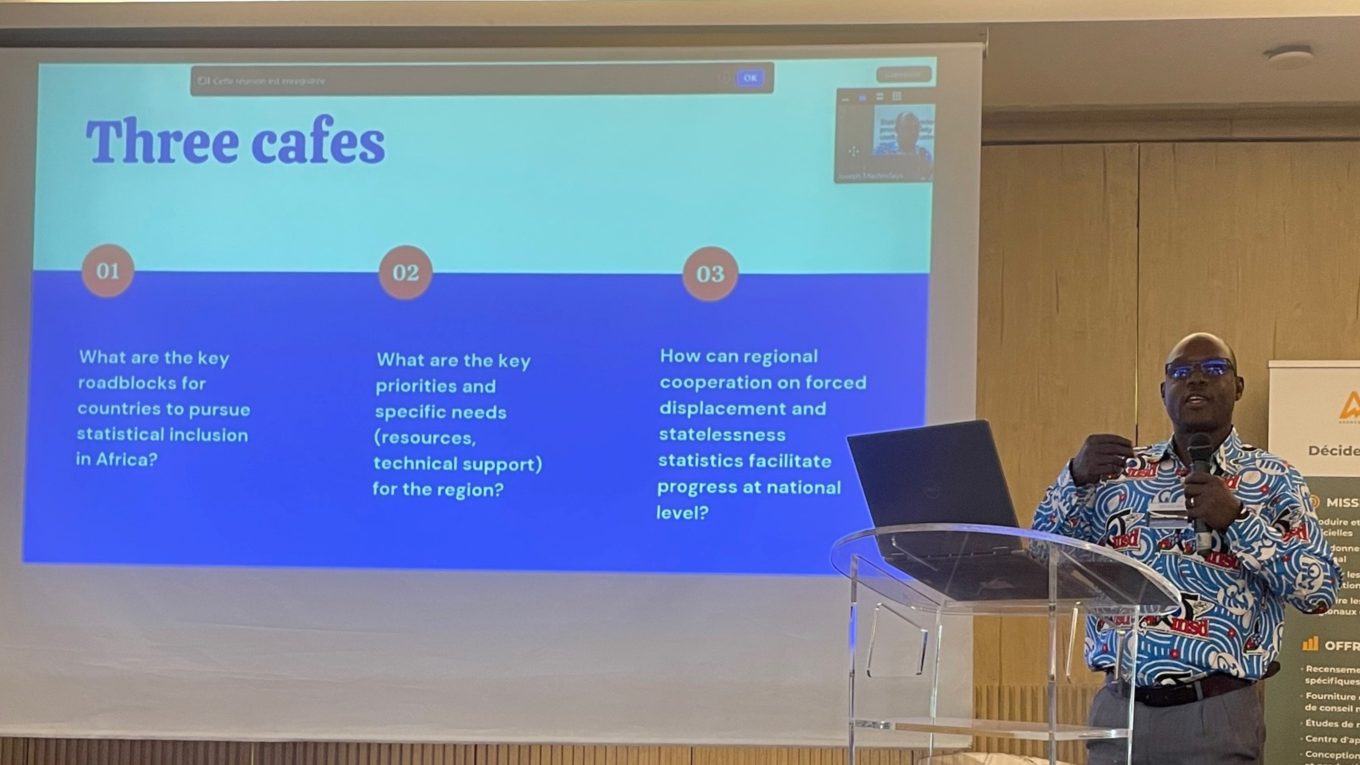
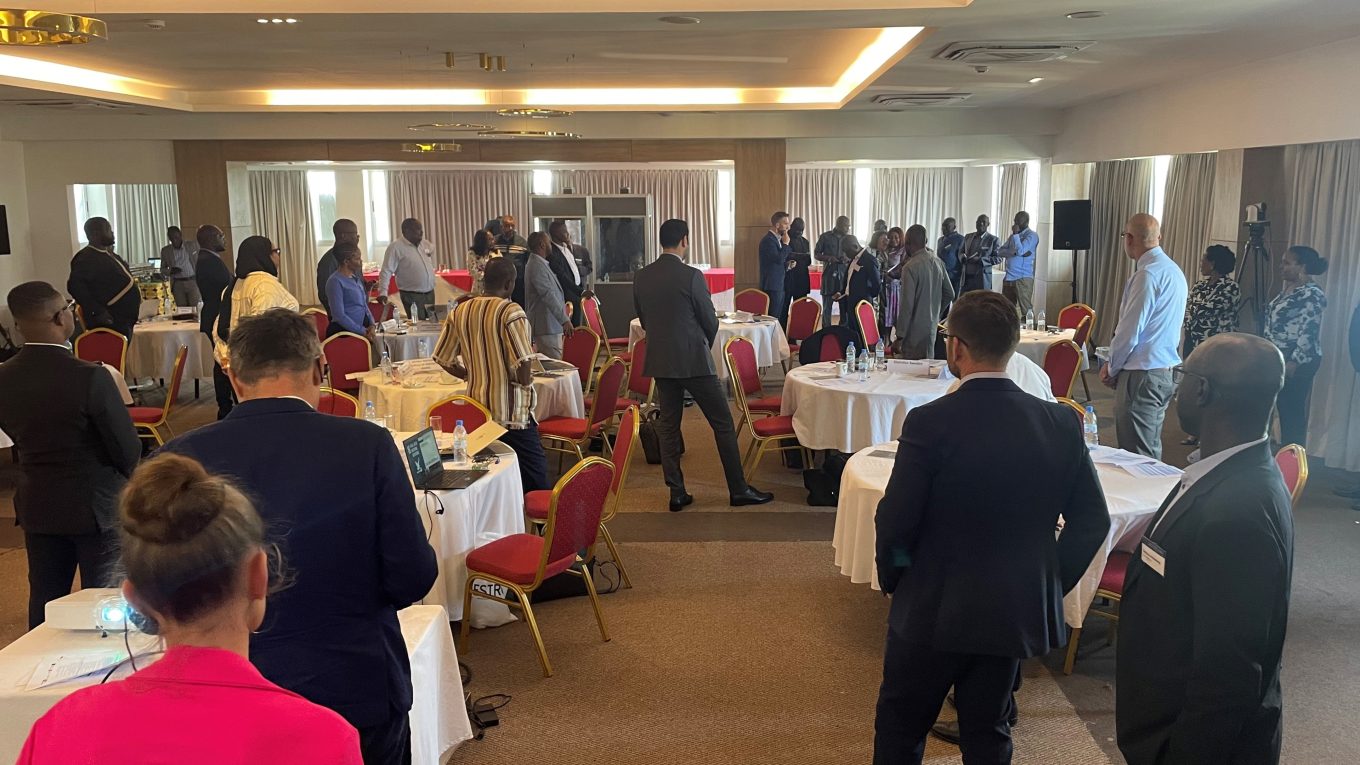
Resources

